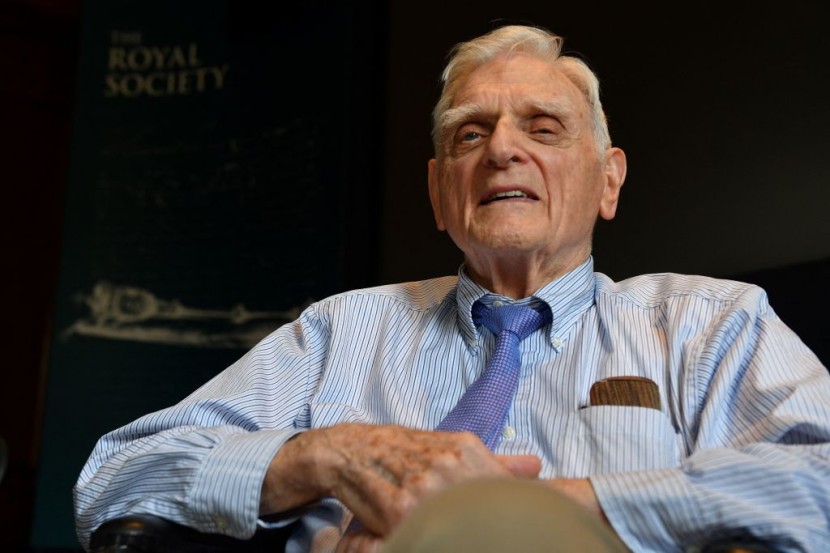
John B. Goodenough, the engineer who won a Nobel Prize for his work on lithium-ion batteries that led to a new era of portable electronics, passed away at the age of 100.
The University of Texas (UT) in Austin, where Goodenough taught for 37 years, announced his death on Sunday, June 25. The reason for his passing still remains unknown.
Goodenough's discoveries "improved the lives of billions of people around the world," UT Austin President Jay Hartzell stated in a statement released Monday, June 26.
Breakthrough Discoveries
As featured on CNN, Goodenough is widely recognized as the man responsible for the 1980s breakthrough discoveries and developments that paved the way for stronger, more reliable rechargeable batteries.
At the age of 97, he received the 2019 Nobel Prize in Chemistry for his work on lithium-ion batteries, which he shared with M. Stanley Whittingham and Akira Yoshino.
The Nobel Committee noted that the three winners "created a rechargeable world" with their innovations in battery technology, which allowed for the widespread use of portable gadgets like mobile phones and laptops throughout the world. Even long-range electric cars and renewable energy storage were both made possible due to this achievement.
After receiving the Nobel prize, Goodenough remarked, "Live to 97 and you can do anything," adding that he was pleased he was not obliged to retire at 65, The Guardian reported.
Goodenough, UT Austin stated, was a valued mentor and educator in addition to his outstanding research.
"Not only was John a tremendous researcher, but he was also a beloved and highly regarded teacher. He took great pride in being a mentor to many graduate students and faculty members who benefitted from his wisdom and encouragement," Provost Sharon L. Wood of UT Austin stated.
Goodenough has received several honors, including the National Medal of Science, the Enrico Fermi Award, and the Benjamin Franklin Medal.
Early Life
Goodenough was born in Germany in 1922 but grew up in the Northeastern US. He attended Yale University to earn a bachelor's degree in mathematics.
According to the press release issued by the UT in Austin, he served as a meteorologist in the US Army before obtaining a master's and doctorate in physics from the University of Chicago in 1952.
In that year, he started working at Lincoln Laboratory at the Massachusetts Institute of Technology (MIT). He spent 24 years at MIT, and he was one of the researchers that pioneered the use of random-access memory (RAM) in portable and stationary computers.
Reportedly, Goodenough achieved his breakthrough with the lithium-ion battery while working as a professor and the director of the Inorganic Chemistry Laboratory at the University of Oxford.
In 1986, he joined the UT Austin faculty, where he quickly gained a reputation for his "quick wit" and "infectious laugh," as stated in an official university announcement.
© 2026 HNGN, All rights reserved. Do not reproduce without permission.








